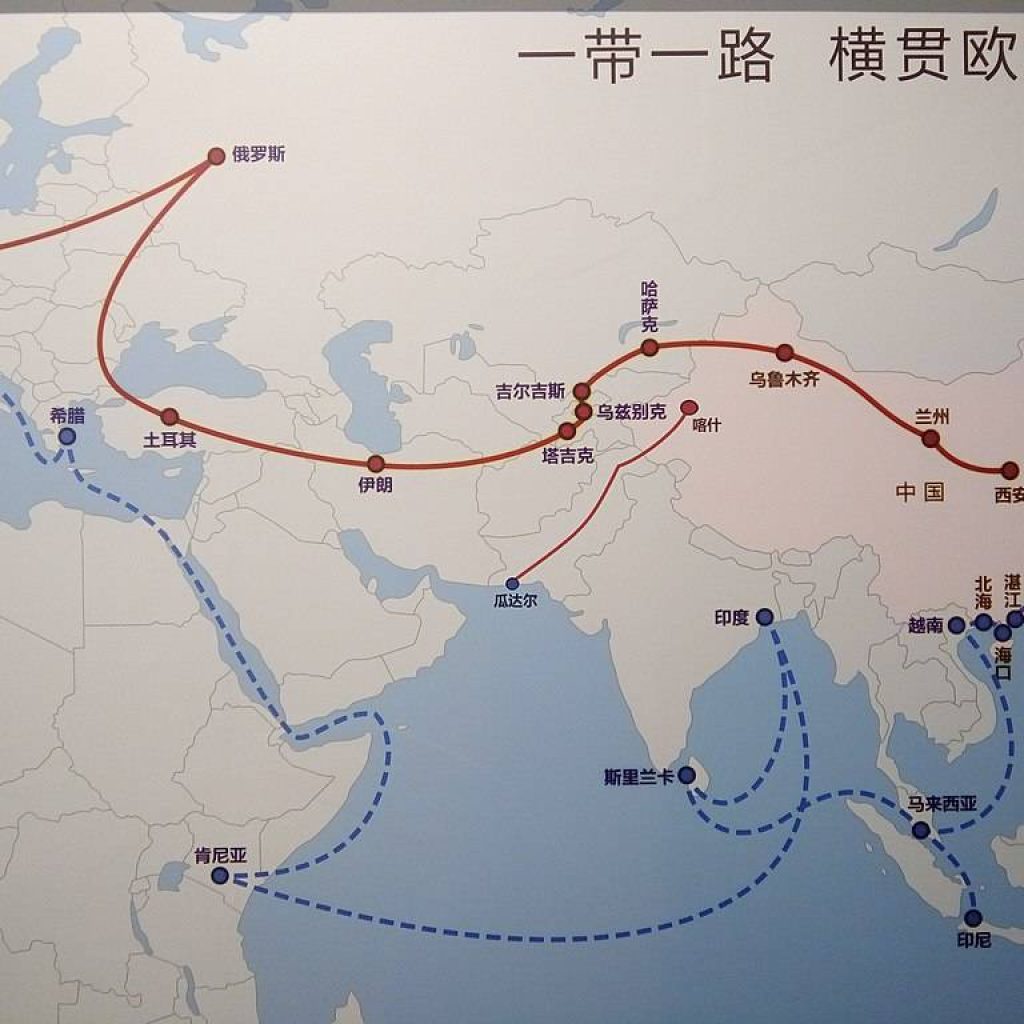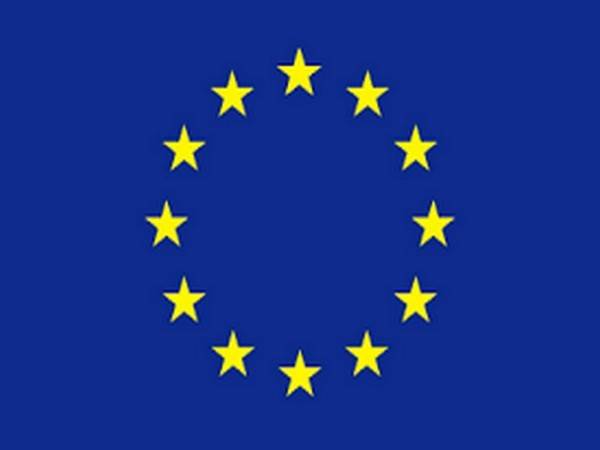
A large number of these sovereign loans are in fact extended to developing countries and are negotiated in secret. A few of these loans use resources as collateral…reports Asian Lite News.
To compete with China’s Belt and Road Initiative (BRI), the European Union has recently launched the Global Gateway, a new infrastructure development scheme.
Sergio Restelli, writing in The Times of Israel has said that the European Union’s Global Gateway project has started becoming a major challenge to the BRI.
The BRI is a huge, geopolitically significant network of infrastructure and transport investments that Beijing uses to connect its exporters to western markets. The BRI was adopted by the Chinese government in 2013 and grew rapidly over the next few years. It intended to invest in nearly 70 countries and international organizations.
The US Government has announced a similar program, Build Back Better (at the world (B3W)) a few months ago also aimed at halting the BRI’s expansion. Now with Europe in the fray Chinese expansion is likely to be severely curtailed, said Restelli.
China would potentially face difficulties in maintaining current deals and bilateral agreements under the BRI as the US and EU-led schemes to endorse transparency in trading, partnership and value-driven infrastructure development are conspicuously absent in the BRI’s terms of reference.
Since its launch in 2013, the BRI has been well received across the globe due to its easy loan parameters. But, these concessions facilitated economic and military expansion for the Chinese, allowing them to build infrastructure, establish military bases in BRI- recipient countries clearing the way for Beijing’s expansion towards fulfilling its goal of becoming a global power, reported The Times of Israel.
A large number of these sovereign loans are in fact extended to developing countries and are negotiated in secret. A few of these loans use resources as collateral.
This dept trap diplomacy, the lack of transparency and unreasonable loan conditions have made these schemes extremely unpopular and as a result, have earned the BRI a lot of bad press eventually slowing down its pace, said Restelli.
Unsustainable loans and cases of debt traps in countries like Sri Lanka and Malaysia as well as the use of sovereign land for building China’s military installations have made the BRI a cause for concern.

Moreover, COVID-19 had a direct impact on the reduction of fund flows and only added to china’s woes.
A few countries like Australia, Malaysia, Myanmar, Pakistan, Sierra Leone, Kyrgyzstan have cancelled, downsized or postponed the BRI projects.
At this point however the launch of the Global Gateway and subsequent announcement of the B3W further impact the Chinese plans of global domination.
India is also set to play a major role in the plans to counter the BRI. New Delhi has rejected the proposal to be a part of the BRI citing BRI’s participation in the construction of a project in Pakistan-occupied Kashmir. Strategically Chinese projects in Pakistan, Bangladesh and Sri Lanka have enabled China to build infrastructure and military bases that surround the Indian republic which makes it imperative for India to do its bit to weaken the BRI, reported The Times of Israel.

United in this goal, India and EU have announced a connectivity partnership in May this year and India would be more than content to join the Global Gateway and strengthen it against the BRI.
The B3W and this Indo-European cooperation can build an effective mechanism to halt the Chinese thirst for hegemony restoring stability and economic growth, said Restelli. (ANI)
ALSO READ-Explore region’s history at Mleiha Museum
READ MORE-EU extends Covid vaccine export controls


